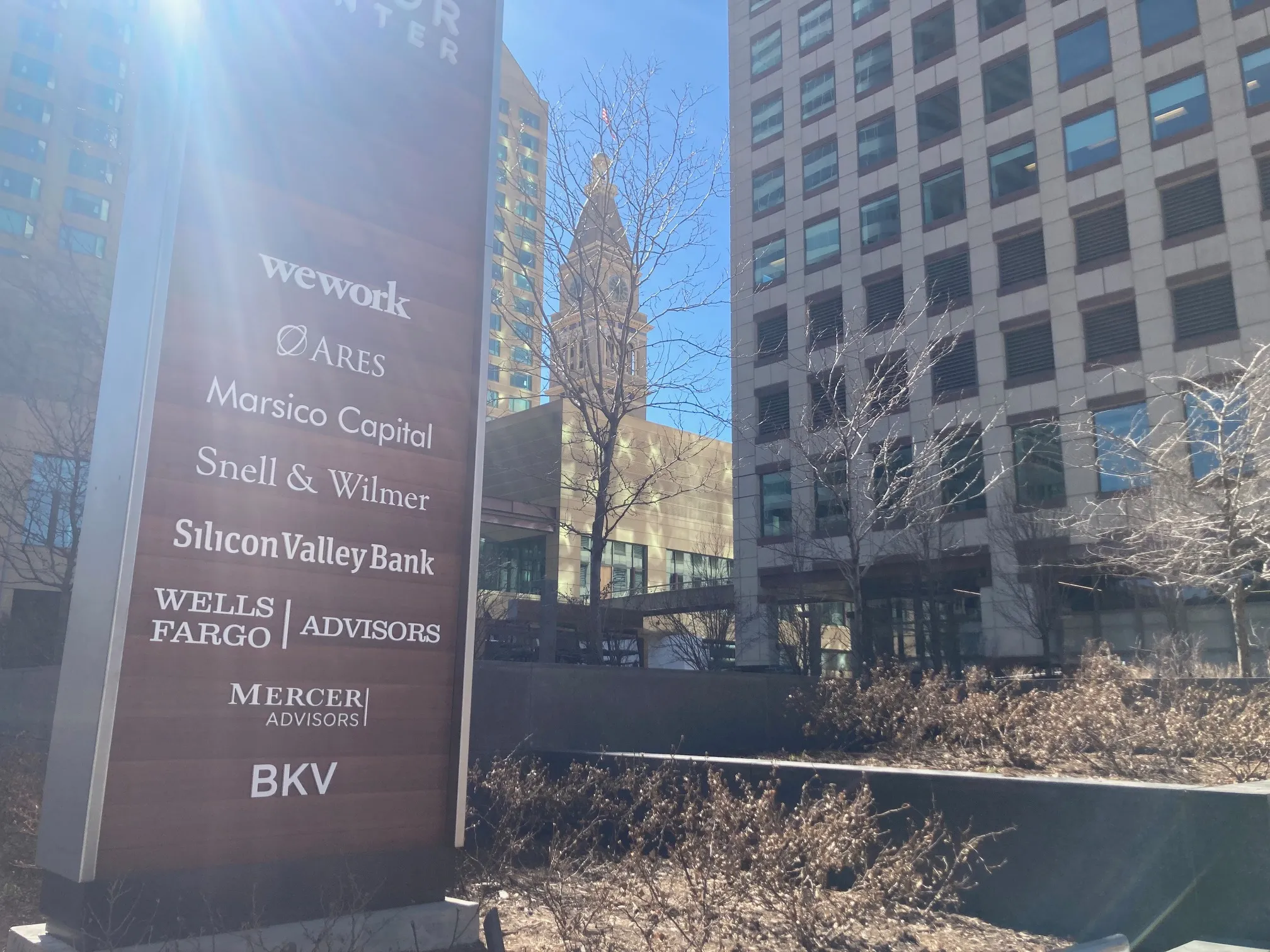Editorial: Left, right share blame for collapse of SVB, other banking woes

Fingers are being pointed in a lot of directions over the failure of Silicon Valley Bank and Signature Bank, as well as weakness in other financial institutions, such as New Republic Bank.
Observers on the left point to the rollback of provisions of the Wall Street Reform and Consumer-Protection Act, better known as Dodd-Frank, that required increased scrutiny for banks with assets of more than $50 billion. The law was rolled back in the Trump Administration, raising the threshold for enhanced scrutiny to $250 billion.
That eliminated required stress tests that could have signaled problems at SVB before a social-media-driven bank run caused it to collapse.
SPONSORED CONTENT
The bank’s failure can also be blamed on SVB executives, who invested billions of dollars in 10-year U.S. treasury bonds. The idea was that longer-term bonds paid more interest than shorter-term bonds.
But, as the Federal Reserve increased interest rates to tame inflation, the value of those bonds was reduced. As the bank attempted to raise funds to cover an outflow of deposits, it sold bonds at reduced prices.
It’s possible that it could have weathered the financial storm, were it not for a little thing called social media. And that’s where certain depositors — venture capitalists and tech-industry execs — share some of the blame, contributing to an unprecedented bank run via Twitter.
So, yes, SVB executives, members of the tech community and legislators who pushed deregulation share blame for the collapse and turmoil in the financial markets.
But let’s not forget that the left also bears responsibility. Although much of this inflationary period can be traced to supply-chain issues stemming from the COVID-19 pandemic, it’s also true that Democrats have contributed to inflationary pressures by spending trillions of dollars that the government doesn’t have.
Creating money out of thin air is inherently inflationary, and it’s because of inflation that the Fed has been raising interest rates.
Those rising interest rates are damaging the banking sector, as well as the economy overall.
A recession is almost certain to materialize this year, many economists predict. And it’s highly likely that we will continue to see negative impacts on banks.
One big unknown is the fate of the commercial real estate market — particularly office properties — with many loans coming up for renewal at a time when office vacancies are high and climbing. Rising interest rates will drive up costs for commercial property owners, potentially leading to defaults.
So, as we look at the still-unfolding repercussions of the SVB failure, let’s be very clear: Democrats, Republicans, bank executives and the tech industry itself have no one but themselves to blame.
Fingers are being pointed in a lot of directions over the failure of Silicon Valley Bank and Signature Bank, as well as weakness in other financial institutions, such as New Republic Bank.
Observers on the left point to the rollback of provisions of the Wall Street Reform and Consumer-Protection Act, better known as Dodd-Frank, that required increased scrutiny for banks with assets of more than $50 billion. The law was rolled back in the Trump Administration, raising the threshold for enhanced scrutiny to $250 billion.
That eliminated required stress tests that could have signaled problems at SVB before a social-media-driven bank run…
